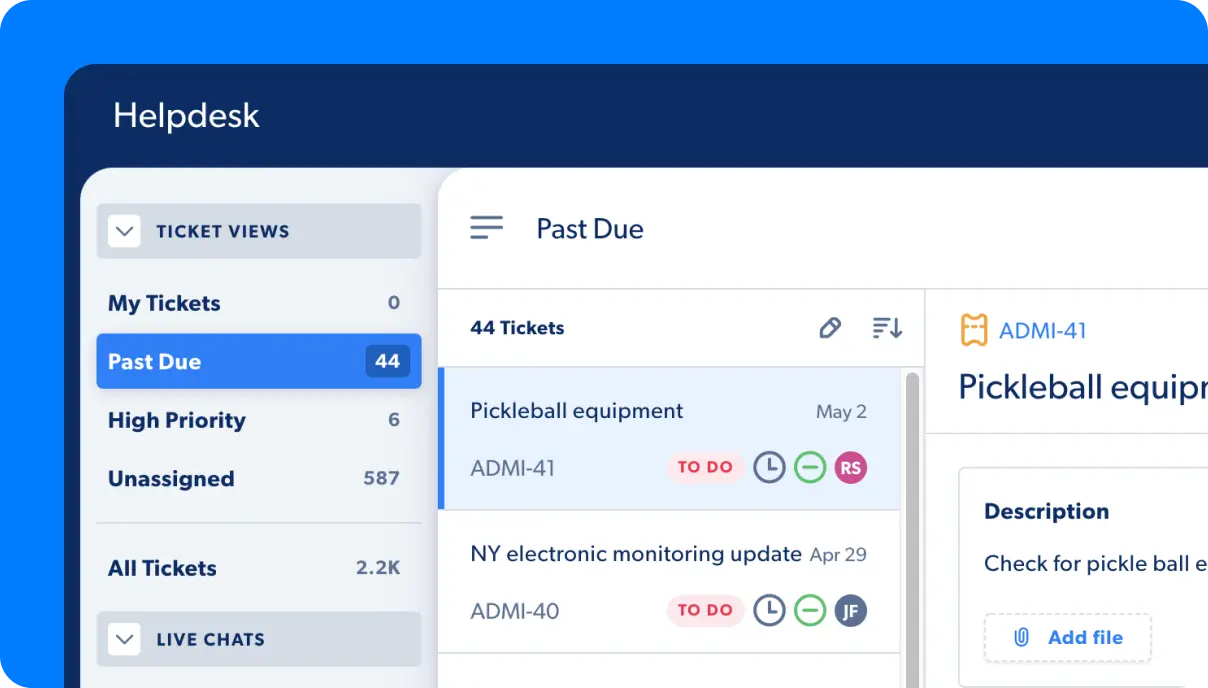Automation testing has become integral to software development, enabling organizations like yours to streamline their quality assurance (QA) processes and deliver high-quality software faster. So, we’ll look into the world of test automation and explore how the integration of AI can revolutionize automation testing practices. When you invest in automation testing, businesses can achieve improved accuracy, efficiency, and overall improvement in their QA efforts. Read on to learn more about how AI is transforming automation testing.
Understanding the Basics of Test Automation

Before diving into AI-powered automation testing, let’s establish a foundational understanding. Test automation involves using software tools and frameworks to automate the execution of test cases, thereby reducing the reliance on manual testing. It accelerates the testing process, improves test coverage, and enables faster identification of defects.
By using AI-driven test automation, you could see up to a 90% reduction in test times versus manual testing. Free up your resources to focus on more critical aspects of software development and ensure higher quality assurance when you automate repetitive tasks.
Why Quality Matters with Automation Testing
Ensuring quality in software development holds for automation testing. As you know, QA is crucial in verifying that the software meets the specified requirements, performs as expected, and delivers an optimal user experience. With automation testing, your team can significantly boost its quality assurance efforts. By integrating AI into automation testing practices, you’ll achieve greater accuracy, efficiency, and effectiveness throughout the QA process.
Adding AI – How to Use AI in Automation Testing
Now, let’s explore how you can use AI to elevate automation testing to new heights. Unlock a range of benefits that positively impact various stages of the automation testing lifecycle by harnessing the power of AI. Let’s jump into the key areas where your team can apply AI to improve their QA process:

1. Test Case Generation
AI can play a crucial role in automating test case generation. When analyzing code, specifications, or historical data, AI algorithms can automatically generate test cases, ensuring comprehensive coverage and reducing manual effort in test case creation. QA is strengthened with a broader scope of testing and the ability to uncover potential issues that may have been overlooked otherwise.
2. Test Selection
Algorithms can analyze code changes and intelligently select relevant test cases to execute based on impact analysis. Identifying the critical areas affected by code changes, AI-driven test selection ensures thorough testing while minimizing redundant test runs. You’ll only reach your testing capacity when you focus resources on the most impactful areas.
3. Dynamic Test Oracles
Tap into past test results to create dynamic oracles that automatically determine the expected outcomes of test cases. When learning from historical data, AI-powered dynamic test oracles enable the accurate identification of failures, reducing false positives and false negatives. If you take this approach, you’ll improve defect detection and reduce the effort required for manual validation.
4. Test Execution
AI can automate the execution of test cases by interacting with the user interface, adapting to changes in the application, and handling dynamic elements. This leads to more accurate and reliable test execution, ensuring software functions as intended. AI-powered test execution improves overall QA effectiveness with its ability to minimize human errors and provide consistent test execution,
5. Defect Prediction

Analyze metrics such as code complexity, historical defect data, and code churn to predict areas prone to defects. By prioritizing testing efforts in these high-risk areas, AI-driven defect prediction improves the overall quality of the software. This proactive approach helps identify potential issues before they impact the end-users, strengthening QA outcomes.
6. Log Analysis and Anomaly Detection
Automation improves real-time log file analysis, pattern identification, anomalies, and errors. Your business can detect issues early on and improve the accuracy of problem identification when you use AI-powered log analysis. This enables proactive troubleshooting and improves the overall accuracy and reliability of the software.
7. Test Reporting
You can analyze test results and generate insightful reports, providing detailed information about test coverage, pass/fail rates, and overall quality metrics. These reports enable better decision-making, faster issue resolution, and improved communication across teams. You can gain comprehensive visibility into QA efforts and make data-driven decisions using AI-powered test reporting.
8. Test Environment Optimization
Optimize the test environment setup by automatically provisioning and configuring required resources. It’s important to have consistent and reliable test execution. AI-driven test environment optimization minimizes environmental issues and maximizes QA efficiency. Going about it this way lets your team focus on testing rather than spending valuable time on environment setup and maintenance.
9. Test Data Management
Generate and manage test data by understanding the application’s data dependencies, relationships, and constraints. Providing accurate and relevant data for testing various scenarios enhances the effectiveness of QA. This ensures comprehensive test coverage and enables your business to simulate realistic scenarios.
10. Performance Testing Optimization
AI can simulate realistic user behavior and automatically adjust load levels, response times, and resource allocation during performance testing. Optimize your performance testing parameters, and AI-driven performance testing will improve the accuracy and effectiveness of evaluations. With this approach, you’ll be able to help identify performance bottlenecks, optimize resource allocation, and ensure optimal software performance.
Your company can revolutionize its quality assurance practices, achieving higher efficiency, accuracy, and overall improvement in software quality using AI to automate testing. Combining automation testing and AI empowers businesses to deliver robust, reliable, and user-centric software solutions.
Automation testing can boost quality assurance efforts. You can elevate your business’ QA practices by embracing AI-powered automation testing. This will lead to better accuracy, efficiency, and superior software quality. Remember, you can use AI in automation testing for test case generation, test selection, dynamic test oracles, test execution, defect prediction, log analysis, test reporting, test environment optimization, test data management, and performance testing. So stay ahead of the curve and use the power of AI to drive your quality assurance initiatives forward.

Automate Your Work
Capacity’s enterprise AI chatbot can help:
- Answer FAQs anytime, anywhere
- Find relevant documents within seconds
- Give surveys and collect feedback














































